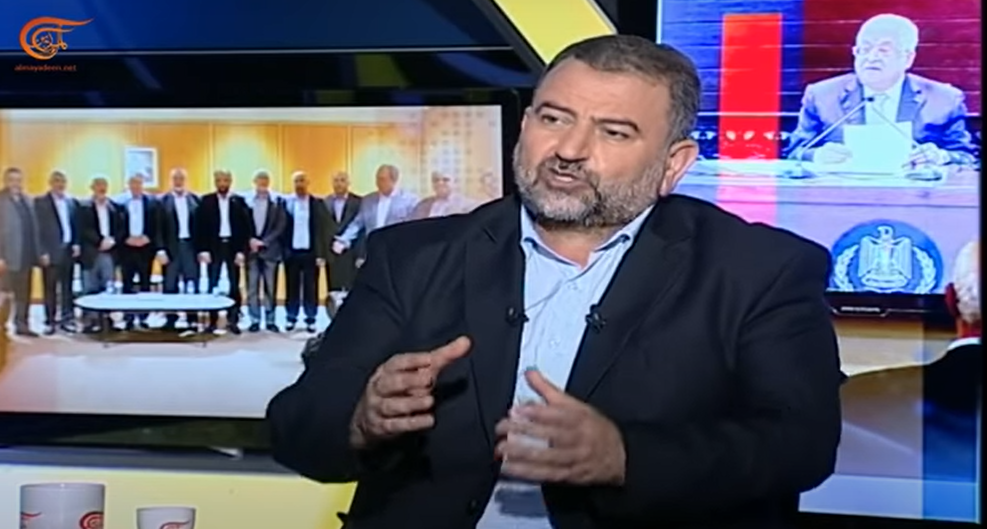Although Israel has not officially claimed responsibility for the assassination, there are clear indications of Israeli involvement, supported by statements from several Israeli politicians.
The killing of al-Arouri is anticipated to heighten military pressure on Hamas leadership, enhancing Israel’s deterrent capabilities.
Further assassinations of Hamas leaders are expected as a part of this strategic approach.
Al-Arouri’s assassination coincides with the intensified efforts by the Israeli Defense Forces (IDF) to locate the leadership of Hamas’s military wing in the Gaza Strip.
This includes figures like Yahya Sinwar and Muhammad Def, who are believed to be hiding in tunnels in the Khan Yunis area.
The collective impact aims to increase military pressure on Hamas.
Despite Hamas announcing a freeze on negotiations for the release of hostages, the security establishment anticipates a resumption of indirect contacts with Israel as an inevitable response.
Israel is preparing for potential retaliatory actions from both Hamas and Hezbollah.
The strategic significance of al-Arouri’s killing lies in its operational blow to both organizations, undermining the morale and pride of their activists.
The assassination in Hezbollah’s stronghold, the al-Dahiya neighborhood in Beirut, underscores the message that no leader is beyond reach.
The security establishment expects retaliation from both Hamas and Hezbollah. While Hamas may focus on revenge attacks in Judea, Samaria, and Israeli territory, along with potential rocket launches, Hezbollah’s response is predicted to be measured.
Israel is aware of the calculated nature of Hezbollah’s actions and does not foresee an all-out war following al-Arouri’s assassination.
Al-Arouri, the operational mastermind of Hamas terrorism in southern Lebanon and Judea and Samaria, played a crucial role in planning attacks against Israel.
His elimination is anticipated to directly impact the level of terrorism orchestrated by Hamas in these regions.
The killing of al-Arouri symbolizes the initiation of a plan to eliminate the entire leadership of Hamas globally, in Judea and Samaria, and the Gaza Strip.
This commitment was publicly made by Prime Minister Netanyahu, Defense Minister Galant, and Shin Bet Chief Ronen Bar in response to the October 7th massacre.
Al-Arouri’s growing influence within Hamas posed a challenge to its current leadership, particularly Ismail Haniyeh.
As Haniyeh’s deputy and head of the military wing in Judea and Samaria, al-Arouri also served as the organization’s liaison to Iran and Hezbollah.
The swift recovery of Israeli intelligence from the stagnation before October 7th is evident in this targeted assassination.
Israel’s new rules of engagement signal a departure from the policy of containment and immunity for terrorist leaders.
These rules extend to senior members of Iran’s Revolutionary Guards as well.
The shockwaves from al-Arouri’s assassination reverberate through the Hamas leadership, prompting his deputy, Zaher Jabarin, to step into his shoes.
The move indicates Israel’s resolve to defend itself against the threats posed by the “axis of evil,” led by Iran.
In facing multifrontal attacks, Israel underscores the necessity to protect its citizens, setting the stage for potential future operations in the Middle East.




